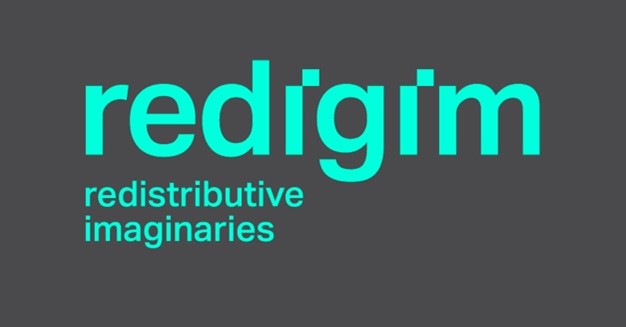Navigation auf uzh.ch
Navigation auf uzh.ch

Fördergefäss
Collaboration of Humanities and Social Sciences in Europe (CHANSE)
Projektwebsite bei CHANSE
Schweizerischer Nationalfonds (SNF)
Projektwebseite beim SNF
Förderungsdauer
11/2022–10/2025
Projektleitung
Moritz Ege, Prof. Dr.
Projektmitarbeitende
Kathrin Ottovay, Dr.
Julia Weisz, M.A.
Projektpartner:innen
Janne Autto, Sociology Faculty of Social Sciences University of Lapland
Rebecca Bramall, School of Media London College of Communication University of the Arts London
Carna Brkovic, Institut für Kulturanthropologie/E.E. Philosophische Fakultät Universität Göttingen
Mercè Oliva, Departament de Comunicació Comunicació Audiovisual Universitat Pompeu Fabra
The COVID-19 crisis led to a surge of voluntary civic activity and prosocial contribution. In its wake, there is an urgent need to address the future of taxation systems in European welfare states. The aim of this project is to investigate the role of the digital in emergent redistributive imaginaries in Europe. By ‘imaginaries’, we refer to semiotic systems that give meaning and shape to lived experience. The project will investigate emergent imaginaries, i.e. novel aspects of those semiotic systems. Redistributive imaginaries provide collective, common-sense ways of understanding the relationship between economic contribution and social solidarity: they give meaning to the structures which enable citizens to make prosocial contributions. Taxation, philanthropy, charity and mutual aid are redistributive forms which enable individuals to ‘pay in’ to their societies. In the contemporary conjuncture, digitization has begun rapidly to reconfigure access to and engagement with these redistributive mechanisms, initiating more social forms of payment and contribution. The emergence of new modes of contribution fostered by digital platforms point to new forms of participation, solidarity and care for others, but they are also disruptive of established state-mandated forms of social provisioning. This project will interrogate the role of the digital in emergent redistributive imaginaries, and it will consider the implications of this investigation for the future of prosocial contribution in Europe. As a consortium we are uniquely placed to deliver qualitative research that foregrounds the role of cultural, signifying practices in giving meaning to economic processes and practices. The investigation will significantly advance the study of economic imaginaries, and it will deliver evidence-based casestudies and scenarios of value to a range of stakeholder audiences in civil society, government and business.
Weitere Links zum Projekt:
Website: https://redigim.arts.ac.uk
Blog:https://redigim.arts.ac.uk/news/
Twitter: @redigim_chanse